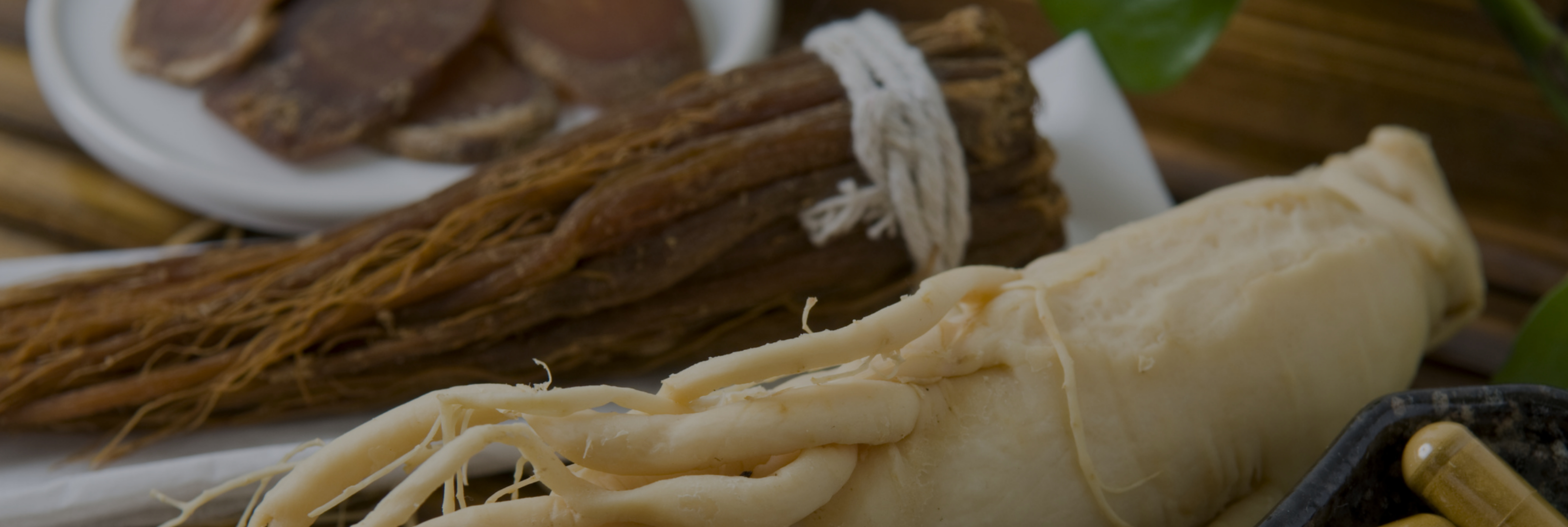Food safety is the main reason for establishing microbiological criteria. These standards make it possible to assess the safety and quality of foodstuffs in the context of the application of legislation with regard to the latest scientific knowledge. Let's take a look at how this information serves as a working tool for food industry professionals, and how Natural Origins positions itself in relation to these mandatory data.
Definition
Pharmacopoeia (1) is a regulatory document defining purity criteria for the manufacturing of medicinal products, from raw materials to preparations, from containers to finished products. It also establishes analysis methods to guarantee product monitoring. The grouping of these criteria forms the regularly updated reference system, the normative texts for any substance or formula included in the pharmacopoeia.
European regulation
The European regulation of 15 November 2005 (number 2073/2005) establishes microbiological criteria and standards for certain micro-organisms belonging to specific categories of foodstuffs. The monitoring covers, for example:
- Listeria monocytogenes for ready-to-eat foodstuffs for infants
- Salmonella for ground meat
- Salmonella for pre-cut and ready-to-eat fruits and vegetables
In addition, hygiene criteria are specified for certain preparation processes. These apply to meat and meat-based products, milk and dairy products, egg products, fishery products, vegetables and fruit, and vegetable and fruit-based products.
In this last category, there are E. coli standards for pre-cut and ready-to-eat fruit and vegetables, as well as for unpasteurised and ready-to-eat fruit and vegetable juices.
However, European regulations do not stipulate anything about dried or fresh botanicals, and therefore do not apply to this type of product.
European pharmacopoeia and Natural Origins
At Natural Origins, in order to establish microbiological criteria for our products, we base ourselves on the criteria accepted by the European Pharmacopoeia. (Eur Ph.). This is the main source of official quality standards for medicines and their ingredients in Europe. With the aim of supporting the pharmaceutical industry and healthcare systems, these European standards provide "a scientific basis for the quality control of a product throughout its life cycle" (2).
The 11th Edition: some facts and figures
- The new edition is legally binding in 39 European countries from 1 January 2023 and applicable in over 130 countries worldwide
- Constantly updated and modernised to meet the needs of users
- The 11th Edition (supplement 11.3 included) includes:
- 2485 monographs (including pharmaceutical forms)
- 388 general texts (including general monographs and methods of analysis)
- And approximately 2890 descriptions of reagents
This latest edition sets out microbiological standards for botanical based medicinal products for oral use and for the extracts used in their preparation (see paragraph 5.1.8).
At Natural Origins, we validate the quality of our products according to these criteria, which distinguish between three categories:
For whole or cut botanicals (mostly used in infusion), we follow category A:
It concerns herbal medicinal products containing botanical-based plant drugs, with or without excipients, intended for the preparation of infusions or decoctions with boiling water (e.g. herbal teas with or without flavourings).
| Total Aerobic Microbial Germ Count (TAMC) |
Acceptance criteria: 107 CFU/g Maximum permissible number: 50,000,000 CFU/g |
|
Total combined yeasts/moulds count (TYMC) |
Acceptance criteria: 105 CFU/g Maximum permissible number: 500 000 CFU/g |
|
E. coli |
Acceptance criteria: 103 CFU/g |
|
Salmonella |
Absence (25 g) |
For botanical extracts, we follow category B:
It covers botanical-based medicinal products containing, for example, botanical extracts and/or drugs, with or without excipients, whose production process (e.g. extraction) or pre-treatment in the case of botanical drugs, makes it possible to reduce the number of micro-organisms present to a level below the criteria specified for the category.
| Total Aerobic Microbial Germ Count (TAMC) |
Acceptance criteria: 104 CFU/g Maximum permissible number: 50 000 CFU/g |
|
Total combined yeasts/moulds count (TYMC) |
Acceptance criteria: 102 CFU/g Maximum permissible number: 500 CFU/g |
|
Gram-negative bile salt-resistant bacteria |
Acceptance criteria: 102 CFU/g |
|
E. coli |
Absence (1 g) |
|
Salmonella |
Absence (25 g) |
For botanical powders, we follow category C:
Category C applies to botanical-based medicinal products containing, for example, extracts and/or botanical drugs, with or without excipients, for which it can be demonstrated that the production process (e.g. by extraction with low concentration ethanol or non-boiling water, or by concentration at low temperature) or pre-treatment, in the case of botanical-based drugs, does not allow the number of microorganisms present to be reduced sufficiently to meet the criteria specified for category B.
| Total Aerobic Microbial Germ Count (TAMC) |
Acceptance criteria: 105 CFU/g Maximum permissible number: 500 000 CFU/g |
|
Total combined yeasts/moulds count (TYMC) |
Acceptance criteria: 104 CFU/g Maximum permissible number: 50 000 CFU/g |
|
Gram-negative bile salt-resistant bacteria |
Acceptance criteria: 104 CFU/g |
|
E. coli |
Absence (1 g) |
|
Salmonella |
Absence (25 g) |
Flexibility at Natural Origins and customised solutions
The THIE (3) (Tea & Herbal Infusions Europe) provides the following recommendations for teas and infusions:
| Total Aerobic Microbial Germ Count (TAMC) |
Acceptance criteria: 107 CFU/g |
|
Moulds count |
Acceptance criteria: 105 CFU/g |
|
Total yeasts count |
Acceptance criteria: 105 CFU/g |
|
E. coli |
Acceptance criteria: 102 CFU/g |
|
Salmonella |
Absence (125 g) |
The European Pharmacopoeia's category A criteria are therefore very similar to these and enable these recommendations to be met, with the exception of Salmonella, which is not monitored using the same sample size. Natural Origins adapts the size of the sample analysed if this criteria is required by our customers.
Generally speaking, at Natural Origins we comply with European Pharmacopoeia standards for our natural ingredients. However, we can adapt the criteria analysed and the standards according to the needs of our customers. To this end, we have created specific product codes reserved for the customer concerned with the microbiological criteria requested.
Please feel free to contact us.
To see our entire product range, check out our online catalogue available 24 HOURS A DAY 7 DAYS A WEEK.

Anne-Sophie Soteras
Quality Manager








Leave a comment